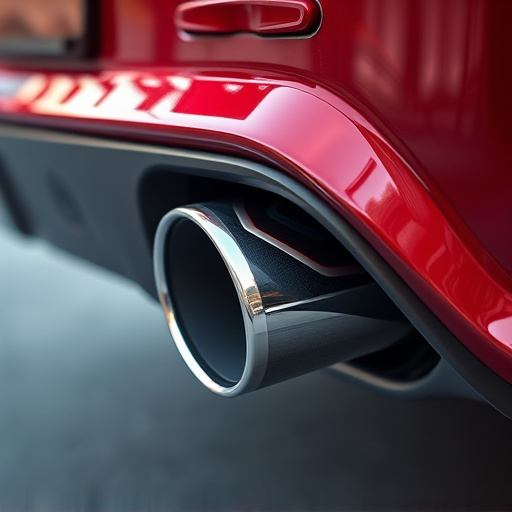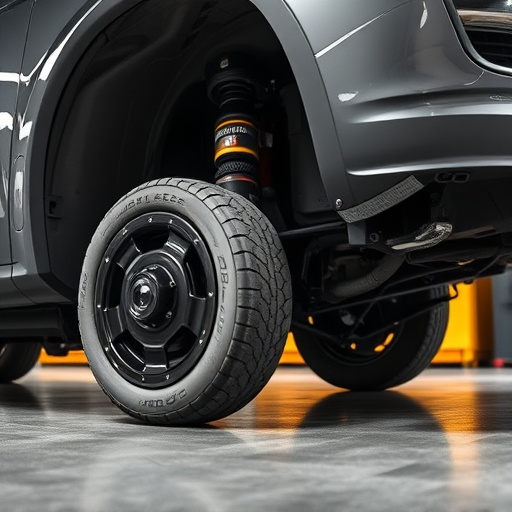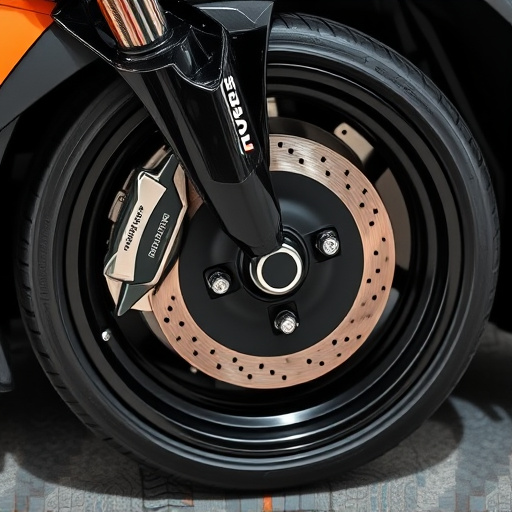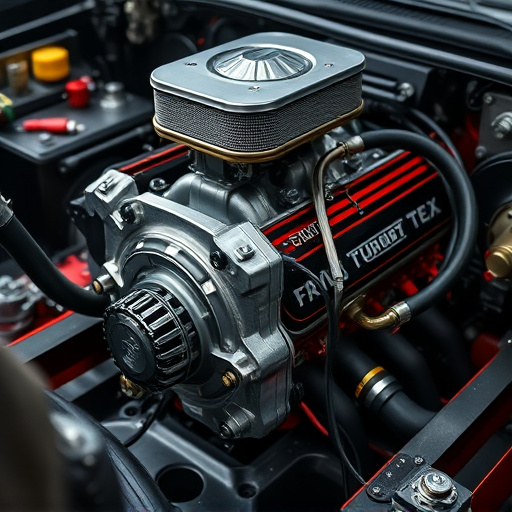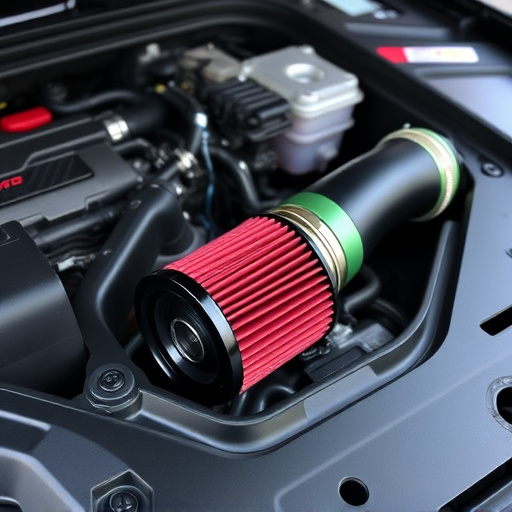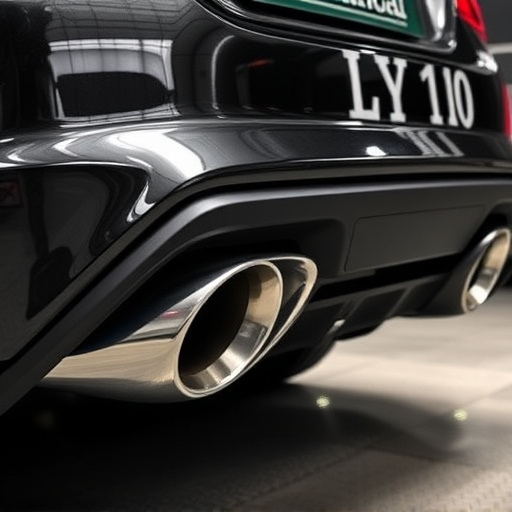An exhaust system shop optimizes vehicle fuel efficiency by addressing key components like cat back exhausts and air intakes, reducing backpressure for smoother engine performance and lower gas consumption. They resolve issues like muffler clogs and leaks, upgrade parts, and recommend strategies to further enhance fuel economy, leveraging high-flow catalytic converters and integrated vehicle system tuning.
An exhaust system shop plays a vital role in enhancing fuel efficiency for vehicles. By understanding the impact of an exhaust system on fuel consumption, these shops identify common issues like clogged or damaged components that hinder mileage. Shop professionals employ targeted upgrades, such as high-flow catalysts and custom-fitted mufflers, to optimize engine performance and reduce energy wastage. Through their expertise, exhaust system shops empower vehicle owners to achieve better fuel economy and lower emissions, all while ensuring smooth driving experiences.
- Understanding the Impact of an Exhaust System on Fuel Consumption
- Common Issues in Exhaust Systems and Their Effect on Mileage
- How Shop Professionals Optimize Fuel Efficiency through Upgrades
Understanding the Impact of an Exhaust System on Fuel Consumption

An exhaust system shop isn’t just about revving up engine performance; it plays a significant role in enhancing fuel efficiency as well. The exhaust system is an integral part of a vehicle’s overall engineering, serving as a conduit for gases to escape the combustion chamber. An efficient exhaust system contributes to better fuel consumption by reducing backpressure inside the engine, allowing it to operate more smoothly and effectively.
A well-designed cat back exhaust, for instance, can help in maintaining optimal engine performance by eliminating harmful gasses quickly and efficiently. Additionally, integrating cold air intakes can further boost fuel efficiency by drawing in cooler air, enhancing combustion and improving overall engine output. Unlike some commonly debated components like brake pads, the exhaust system directly impacts the vehicle’s ability to optimize fuel usage, making it a crucial aspect for any driver looking to save on gas costs.
Common Issues in Exhaust Systems and Their Effect on Mileage

Many vehicles suffer from common exhaust system issues that can significantly impact fuel efficiency and overall vehicle performance. Clogged or damaged mufflers, for instance, cause engine backpressure, forcing the engine to work harder and consume more fuel. Leaks in the exhaust system allow unburned fuel to escape into the atmosphere, leading to reduced mileage and increased emissions. Additionally, a poorly designed or installed exhaust system can disrupt the flow of gases, hindering the engine’s ability to breathe properly, which further degrades fuel economy.
Regular maintenance at an exhaust system shop is crucial in addressing these issues. They can replace worn-out components with high-quality parts, ensuring optimal gas flow and minimizing backpressure. Moreover, professionals at such shops often recommend upgradable solutions like air filter kits and cold air intakes to enhance vehicle performance and fuel efficiency. By addressing these problems, an exhaust system shop plays a vital role in helping vehicles run more efficiently, saving drivers money on fuel costs.
How Shop Professionals Optimize Fuel Efficiency through Upgrades

Professionals at an exhaust system shop play a crucial role in enhancing fuel efficiency through targeted upgrades. They meticulously assess the vehicle’s current state, identifying areas where modifications can make a significant impact. One common optimization involves upgrading the exhaust system itself, which can reduce backpressure and improve engine performance. Additionally, they may recommend or install high-flow catalytic converters that facilitate smoother gas exchange without compromising emissions standards.
These experts also pay close attention to other components that contribute to overall vehicle efficiency. Upgrading suspension components can lower drag and optimize tire grip, leading to better fuel economy. Similarly, high-performance air filters capture finer particles, ensuring engine intake is as clean as possible. Even small adjustments to the braking system, like installing performance brakes, can impact fuel efficiency by reducing unnecessary energy losses during deceleration.
An exhaust system shop plays a pivotal role in enhancing fuel efficiency by addressing common issues that negatively impact mileage. Through specialized knowledge and advanced upgrades, professionals at these shops optimize vehicle performance, ensuring smoother operations and improved fuel consumption. By choosing an exhaust system shop for necessary repairs or modifications, car owners can expect better gas mileage, reduced emissions, and ultimately, a more sustainable driving experience.








